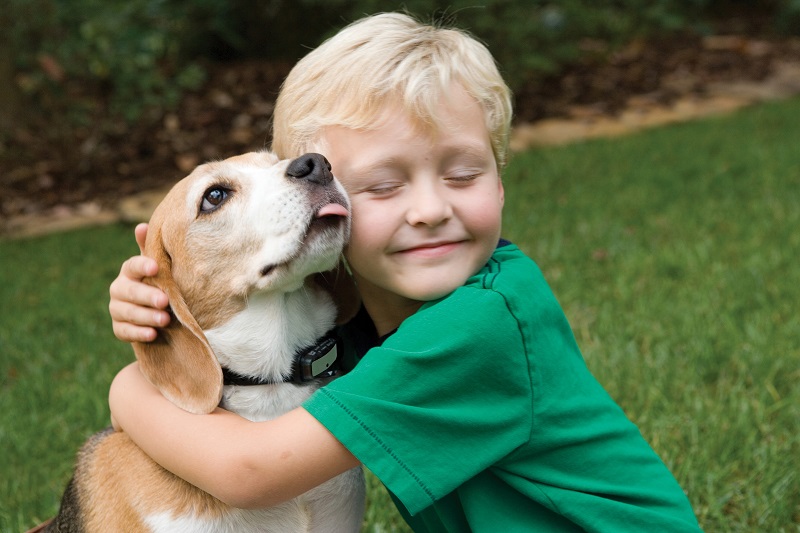By Yasmeen El-Mallah
The bond that can be reached between animals and humans is astonishing, but when it comes to children, it is almost unparalleled. The reasons are several, and here are a few not to dismiss. Pets offer unconditional love and offer no judgment. When it comes to a child in distress, this is especially rewarding as they may not feel they have a best buddy yet. Pets are good teachers when it comes to empathy. A child feels a sense of purpose, responsibility, and compassion when the time comes to walking their dog, feeding a cat, or bathing their pet perhaps. Such points are especially evident when it comes to autistic children.

The exact percentage of autistic individuals in the UAE is still unknown, but according to the Dubai Autism Center, reports have confirmed that autism is very much on the rise.
Autistic children, given their struggles when it comes to social atmospheres, greatly bond with pets. Given their tendency to be perfectionists, when it comes to taking care or having a pet around, there is no spectrum for strictly black or white. The simple tasks such as filling up water or food bowls allow specifically autistic children to feel of use and build up their confidence. Social cues are also improved as they learn to communicate and sympathize with their pet animals. Some factors that have been revealed from studies show that pets help to reduce anxiety and stress, a common rival of those affected with autism.

Several studies have also proven that there is a direct correlation between children having been around pets since a young age and a reduction of allergies, as well as lowering the chances of being asthmatic. Dr. Fadi Daoud from the Australian Veterinary Hospital of Abu Dhabi said that “all of this is directly related to the fact that children are exposed from a young age to a variety of allergens and healthy allergens that strengthens their immunity system.”

When it comes to studies regarding caregiving, it was found that children who own a pet spend about 10.3 minutes in caregiving within a 24-hour frame. Meanwhile, those with just younger siblings only spent about 2.4 minutes on average. Pets offer children a confidant and a safe space, and may teach a child that when it comes to emotions such as fear and anger, it does not need to be projected onto others.
Often children will talk with their pets, which is a way of them improving their verbal skills. ‘Reading Dogs UAE’ leads this fact by example, as they are a project that allow for children to have reading sessions to carefully selected and calm dogs. The results have proven to be evident, as children’s reading skills improve between 12-30% higher, their confidence levels are boosted, stress levels decreased, and they are not judged. Children can read at their own pace and have a canine companion patiently sitting with them. The fact that they even do this reveals how much they seek to connect to another being in general.

Dr. Daoud added about this matter that “as soon as the child started reading to a pet, their stress levels dropped, because their level of confidence and trust was a lot higher since that there is no judgment.” When it comes to autistic children, who fear failure more so intensely than non-autistic children, such a task would prove to be far more significant for their own fear and confidence.
In a nutshell, humans may not have a moment or be available in offering affection or love, but when it comes to a pet animal, consider it to be nothing less but their nature to do so.


